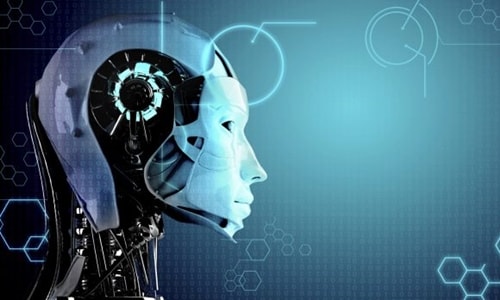The risk of artificial intelligence manipulating humans
Experts warn that artificial intelligence can interpret human brain activity and act against the user's will.
 |
| Scientists fear artificial intelligence poses a danger to humans. Photo: Meetup. |
Many experts warn of the risk of brain-computer interfaces (BCIs) being controlled by artificial intelligence, meaning that human thoughts, decisions and emotions can be carried out by artificial intelligence against the user's will, Newsweek reported on November 8.
A team of 27 neuroscientists, ethicists, and artificial intelligence engineers addressed these concerns in the scientific journal Nature. In the paper, the team presented a hypothetical example of a paralyzed man using a BCI prototype that decodes neural activity in the brain to control a robotic arm.
If at any point this person feels uncomfortable with the scientists, the artificial intelligence can read his mind and injure them without receiving any direct orders.
Technological advances mean that humans are approaching an age where it may be possible to decode mental activity and directly control the brain mechanisms behind human intentions, emotions and decisions, the team writes.
At that time, people will communicate with each other only through thoughts, powerful computer systems connected directly to the human brain make interacting with the surrounding world easier, physical and mental abilities are significantly enhanced.
To prevent bad situations caused by artificial intelligence, the research team suggests, there are four ethical priorities to address: privacy and consent, the consistency between the body and the mind and the ability to choose actions, interventions that enhance human physical or mental abilities, and biases that cause sexist or racist behaviors.
There are several companies working on some form of BCI technology, including Neuralink, founded by billionaire Elon Musk earlier this year. Neurolink is developing a wireless brain-machine interface that can upload or download information from a computer to enhance human intelligence.
According to the research team, if the potential of this technology is realized, humanity can move towards a new technological era. However, the above four essential ethical priorities need to be addressed to ensure that the technology will bring benefits rather than harm to humans.
According to VNE
| RELATED NEWS |
|---|








